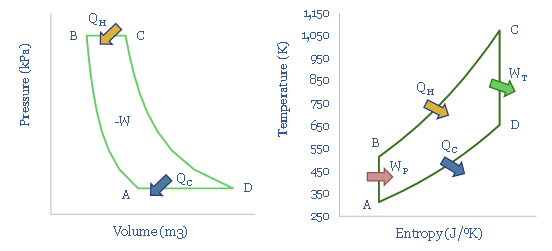
…advantage of the Rankine Cycle, and two devastating limitations (pages 7-8). The Brayton Cycle harnesses work from hot gases, and approximates both jet engines and modern gas turbines. Well-designed Brayton…
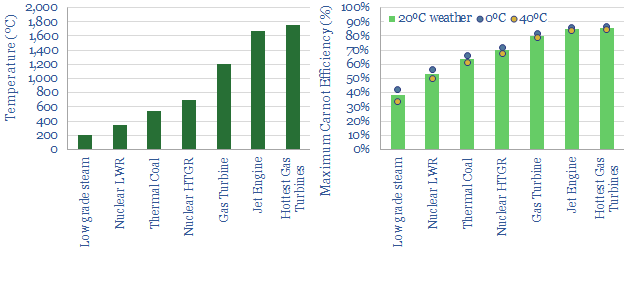
This data-file contains some simple PV plots and TS plots from different thermodynamic cycles, such as the Carnot Cycle, Brayton Cycle, Rankine Cycle and Otto Cycles. $199.00 – Purchase Checkout Added to…
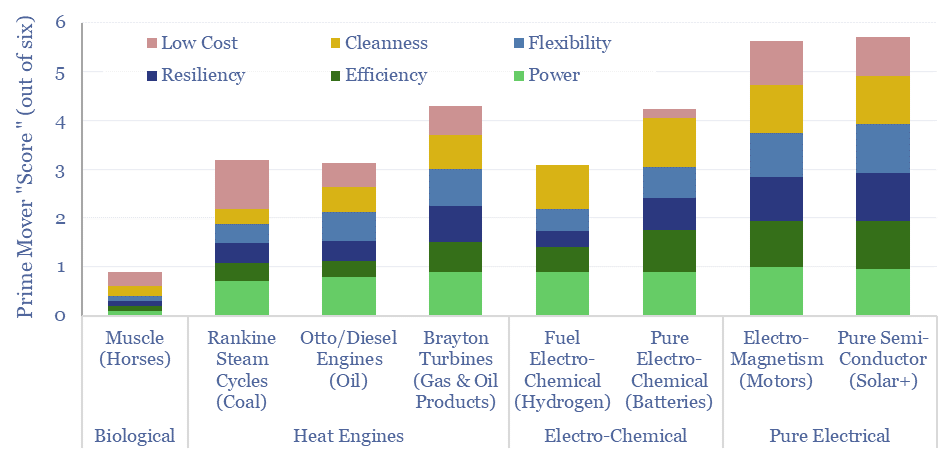
…totally different thermodynamic cycles. We think every serious decision-maker in energy should know the laws of thermodynamics and the basics of heat engines (primer below). https://thundersaidenergy.com/2023/01/12/thermodynamics-carnot-rankine-brayton-beyond/ Solid fuels tend to…
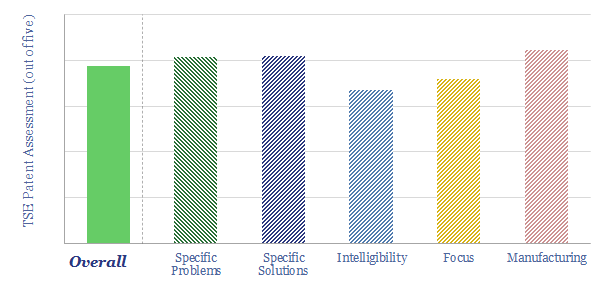
…data-file. What challenges for super-critical CO2 Brayton Cycles? There are six core challenges with super-critical CO2 Brayton cycles. They are outlined in the data-file, along with our assessment of how…
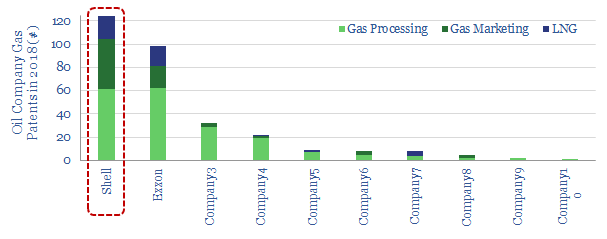
…the Brayton Cycle, most likely Air Liquide’s Turbo-Brayton refrigeration cycle using Nitrogen and/or Helium. Its advantage is reliability and low maintenance, which matter for long voyages. Eight Advantages are Cited…
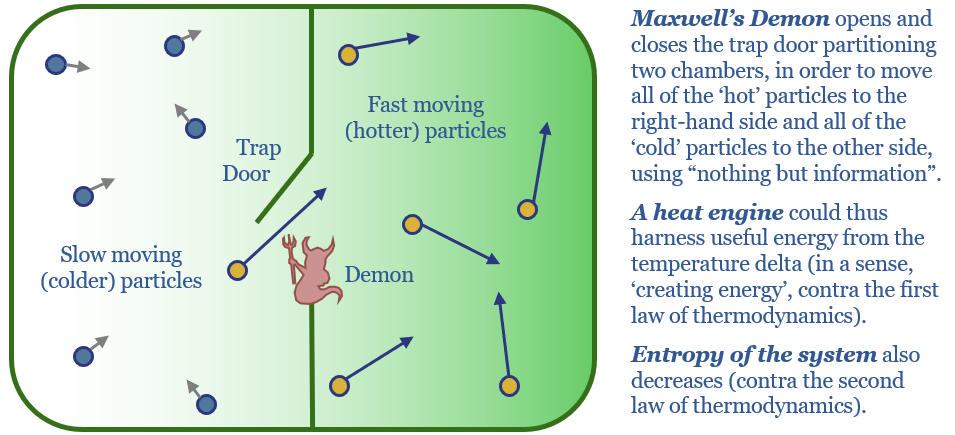
…to be transferred. You see this in the charts below, which plots the PV-TS plot for a Brayton cycle heat engine that harnesses net work via moving heat from a…
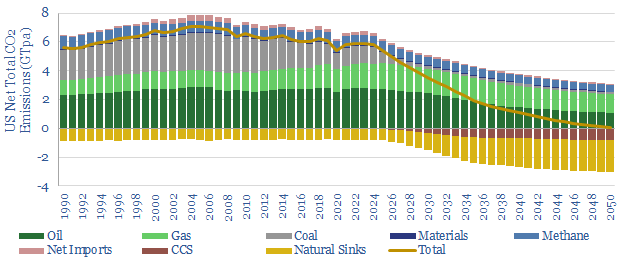
…in CH4 to H2O, versus the energy in coal primarily coming from carbon, note here). Brayton Cycles are also inherently more efficient than steam cycles (note here) hence typical power…
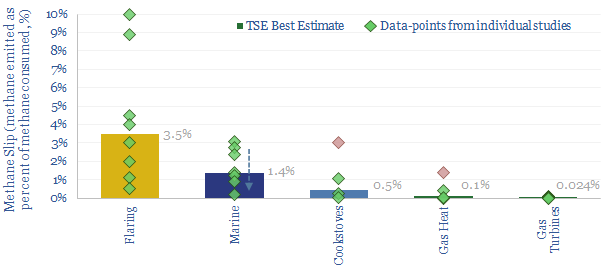
…the thermodynamics of the Brayton Cycle. Although slippage rates are higher when turbines first start up, or when they are throttled aggressively in volatile power grids. Gas heaters and boilers…
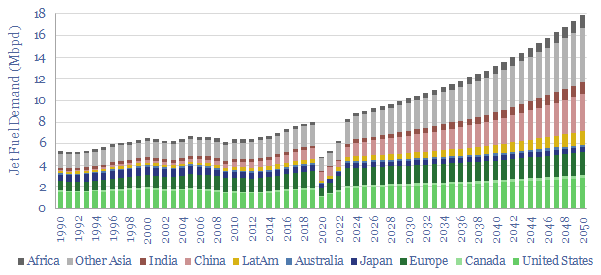
…carbon fiber, additive manufacturing, advanced metals) and raising the T-max of Brayton Cycle turbines (including via super-alloys). Helpful underlying data come from the US Bureau of Transport Statistics, to compute…
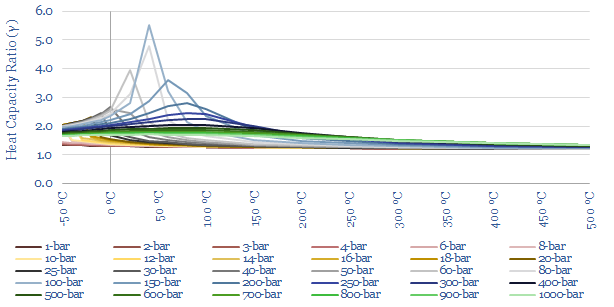
…(i.e., a Brayton cycle) depends on the ability to heat gases to high temperatures and achieve high compression ratios (in turn, a function of Cp/Cv, compressibility, etc). Hence what are…










